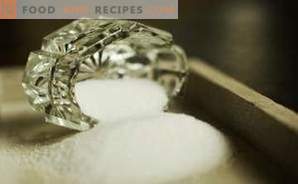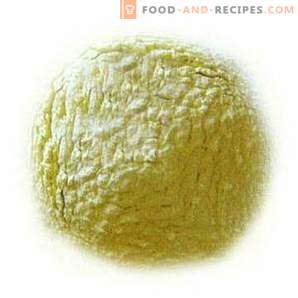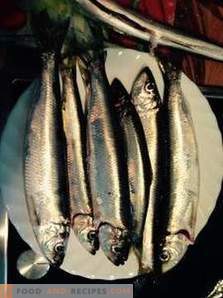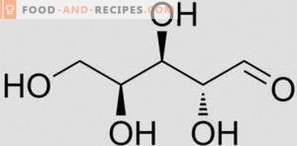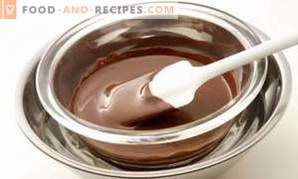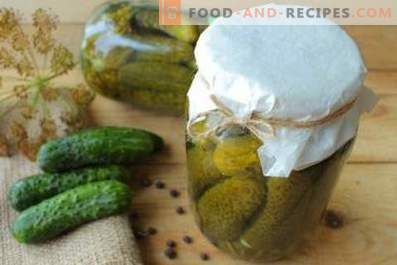
If you are not lucky enough to be a resident of the seashore, you can be 100% sure that you live in conditions of iodine deficiency. Natural products in the diet of modern man is becoming less, therefore, to meet the body's need for iodine in a natural way is almost impossible.
The main consequence of the deficiency is not a problem with the thyroid gland, the digestive system, hormonal disorders, but a significant reduction in intellectual abilities and human performance. The use of iodized salt can reduce the severity of the problem.
Why is salt chosen for iodine? Its consumption is constant and predictable. It is the most affordable product for both individual and for mass prevention of iodine deficiency.
What kind of beast is iodized salt?
Food iodized salt is a variety of common cooking, enriched with iodine compounds. As a rule, these are compounds of sodium or potassium. Currently, potassium iodate is used as an additive. This substance is non-toxic and stable. Iodine losses due to long-term storage and heating are insignificant. When buying an enriched product, you should focus on the name of the additive and on the shelf life. Potassium iodate is present in the composition of the product in such a concentration that it can not harm the body under any circumstances. At the same time, it satisfies the daily need of an adult in iodine, which is 150 μg.
Iodized salt is odorless. Its taste is indistinguishable from the taste of ordinary table salt.
Myths and Reality
Iodized salt can not be called a new product. In most European countries, it has long been widely used in food production, in some countries this practice is even fixed by law. But people are wary of the possibility of using this product in everyday life. There are many myths associated with its use. Let's try to debunk them.
- Myth No. 1. The use of iodized salt must be controlled to avoid an iodine overdose.
The concentration of iodine is such that in order to exceed its daily requirement, it would be necessary to eat 50 g of salt. This is unreal.
- Myth number 2. When heated, iodine completely volatilizes, so this seasoning is not suitable for hot dishes.
If so, then the opponents of iodine have nothing to fear. With strong heat, only 10% of this trace element is lost. Therefore, the use of the product is still justified.
- Myth No. 3. When using iodized salt, canned vegetables darken and get an unpleasant smell.
Previously, potassium iodide was used as an additive, which presumably could affect the taste and color of vegetables. But it was in the last century.
Put with us, put as we ...
Iodized salt is a safe and healthy product. Not a single case of the disease is associated with its use.
In the process of pasteurization or canning, when considerations of sterility come to the fore, the presence of potassium iodate is more than appropriate. The substance does not affect the smell, taste or color of your blanks, contributing to their long-term storage.
To avoid loss of iodine, salt the dish at the very end of cooking or immediately before rolling the vegetables.
When salting and fermentation, a slight antiseptic property of potassium iodate can only slow down the fermentation process.
Iodized salt does not adversely affect the taste of marinades, sauces or seasonings, as well as the properties of the products for which they are prepared.
